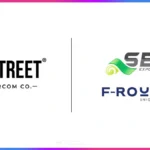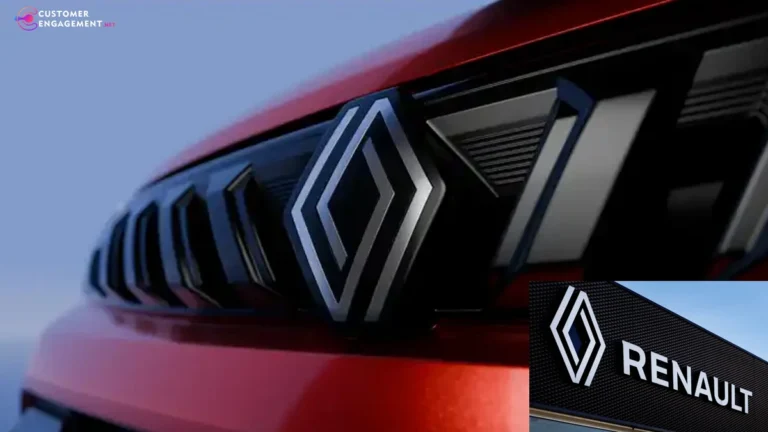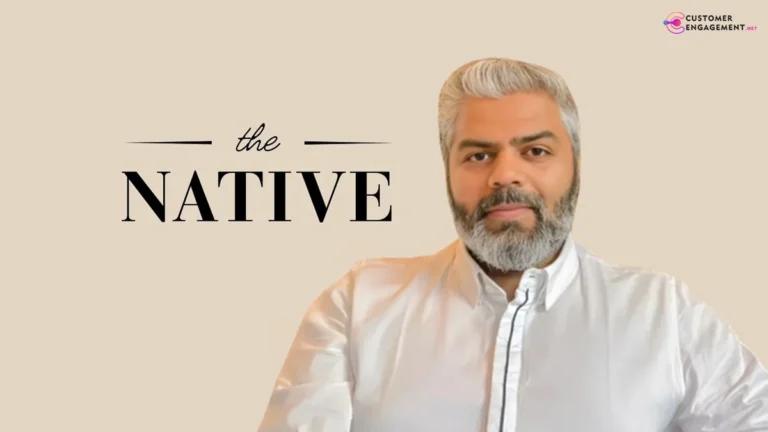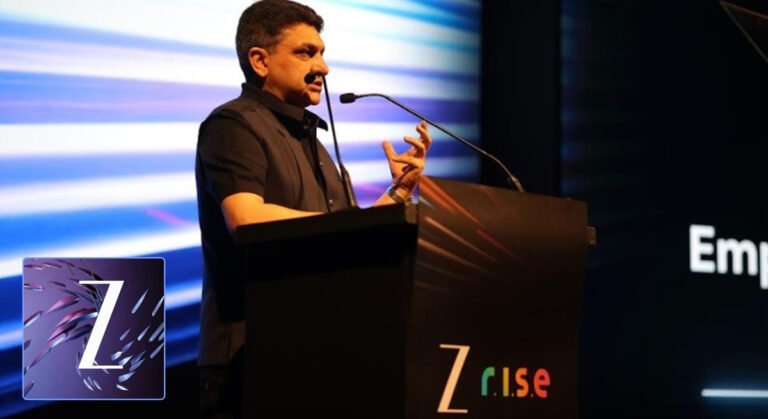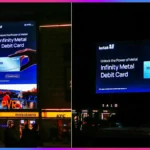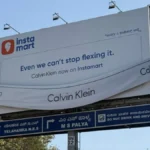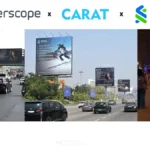
Tesla is officially entering the Indian market with its first showroom in Mumbai this July. Explore the details of the launch, vehicles, and what it means for the EV landscape in India.
Tesla, the foremost electric vehicle (EV) manufacturer in the world, is now expanding into the Indian market with the opening of its experience centre in Mumbai, set for 15th July 2025. This strategic move comes after years of anticipation and speculation, marking the American EV company’s official milestone entry into one of the world’s largest emerging economies. India’s first Tesla showroom will be situated at Jio World Drive in Bandra Kurla Complex, which houses premium retail and business outlets.
The upcoming Apple Store, located at Jio World Drive, acts as a convenient waypoint for urban dwellers, making Tesla’s new showroom easy to access. It spans around 4,000 square feet, allowing it to function as both a showroom and immersive experience centre tailored to the brand’s vision, where guests can explore Tesla vehicles through interactive technology displays while gaining insights into Tesla’s clean energy ecosystem.
First Models: Model Y Rolls In
Initially, Tesla will launch the Model Y rear-wheel drive version, which is manufactured in Shanghai, China. This model comes equipped with the latest technology and features an all-electric SUV with sleek aesthetics, efficient components, and unparalleled performance. A display set for the launch has already been filled with 5 units of Model Y which have been shipped to Mumbai.
While the base price of Model Y is approximately €27.7 lakh in China (about $32,000), the import taxes on electric vehicles in India will push the retail price to over ₹47 lakh (around $56,000). This forces Tesla to compete in the Indian luxury EV market alongside other brands like Mercedes-Benz, BMW, and Audi, who offer electric vehicles in the country.
Renew Plans Evolving but No Local Production Yet
With its headquarters located in Pune, Tesla India Motors and Energy Pvt. Ltd. is the name of the local entity registered by Tesla. The company has also secured a secondary logistics and service space in Kurla West, Mumbai, ensuring customer support and after-sales infrastructure is in place prior to delivery.
For now, Tesla has clarified that local manufacturing is not part of the immediate plan. The vehicles will continue to be imported under a new government scheme that offers lower import duties on EVs for companies that spend on Indian operations. This scheme provides a gateway for Tesla’s entrance, while still allowing room for potential investment in local manufacturing plants.
Exploration Outside Mumbai
The showroom in Mumbai marks only the first step in Tesla’s India roadmap. The firm is already scouting for retail and service outlets in New Delhi and Bengaluru, two of the more advanced markets for Electric Vehicles (EVs) and technology-oriented consumers. It is also planning to set up its Supercharger network, starting from the metro hubs, to facilitate long-distance travel and ease for Tesla owners.
Further, Tesla is recruiting across multiple marketing, service, government relations, charging stations, and retail operations. These moves underscore a serious commitment to building an ecosystem around its products in India—not just selling cars, but also investing in user experience, energy solutions, and brand loyalty.
Immediate Launch with High Hopes
With Tesla’s store opening on 15th July, anticipation is already building among fans, technophiles, and individuals who follow clean energy initiatives. There is already a loyal following for Musk’s company in India and it is highly likely that there will be substantial attention, both offline and virtually, for this launch.
The journey for Tesla in India has officially commenced and instead of a factory, the first point of contact is a sleek showroom with an elegant brand statement in the financial capital of the country. If all goes as intended, this could mark the beginning of the next chapter in India’s shift towards sustainable mobility.
Tesla is selling more than cars; it is selling a concept. For Indian consumers who have anticipated this moment for years, the future is now within reach.




